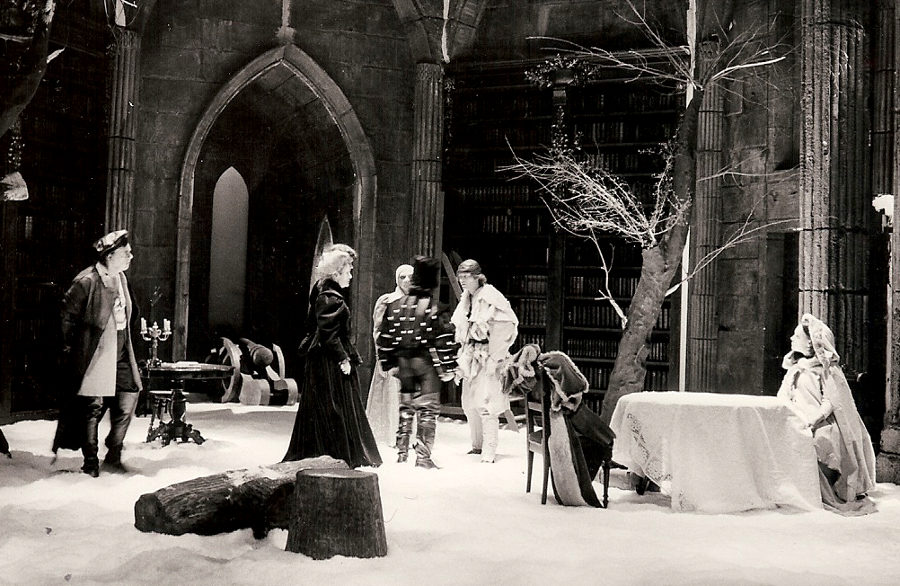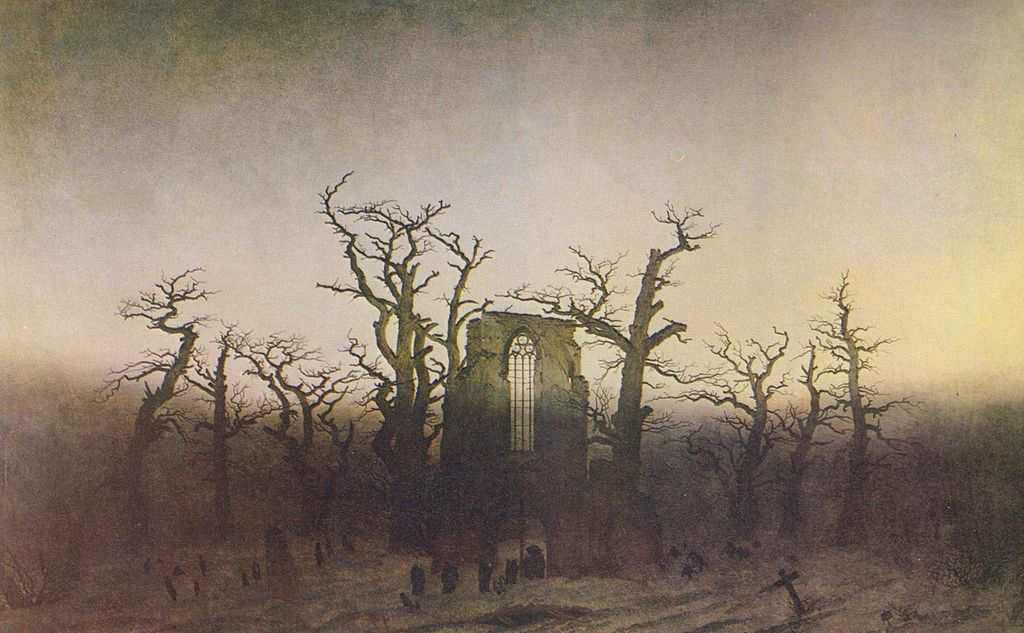In a theatre production of Paul Willems' "Warna", she played the role of Anita in 50 performances staged at the TNB.

|
About Warna (Extraits du Livret du Théâtre national de Belgique) The songs of the people are also a means of remembering. They tell us that the drums were beating at Bergen-op-Zoom or that Jean de Nivelles had a dog. But of all that, no trace is to be found in our written histories. Books can't preserve song and it is the singing that creates the legends. The songs evaporate, street-names are changed, soon nothing will be left except dates. Like 1830 or 1555. Nevertheless, now or then, by chance, a door opens and the breath of the past slips in, bringing old leaves, little twigs, and a few snowflakes, along with the echo of long-gone voices which sings in the manner that we love. I have felt this breath of the past upon learning that there one finds in Flemish villages streets named Black Snow Street, harking back to a time of famine. But when? Long ago indeed. |
First came the long wars between the Empire and the French, plunging the country into chaos. Then a bitter winter. Hunger was so rife that the slightest sight of snow was terrifying. Blind with fear, they watched the falling flakes fall like a funeral shroud woven of black snow. It is said that packs of starving dogs attacked the villagers and that there were whole regions where no living soul was to be found. In the midst of this anarchy, my imagination sees a chateau protected by its surrounding waters, well stocked with the necessities of a comfortable life. P. WILLEMS |
A new version of "Warna"For his décor, stage director Henri Ronse found in the painting of Caspar David Friedrich, "Abbey in the Oak forest", his inspiration for the vision of the snow, the cold, the plague, the hunger he needed as a counterpoint to the insane dream of Warna: a protected timeless world founded on the cult of illusion.  Caspar David Friedrich Abbaye dans un bois de chênes
|
"Warna at the National Theatre"(article in "La Libre Belgique"by Monique Verdussen) ... The actors are impeccable... each fitting perfectly into the whole production like a linked chain... ... if the vibrant voice of Marie-Ange Dutheil strikes violently into our most intimate feelings, if George Bossair portrays the weight of brutal reality,
Audio clips... |

